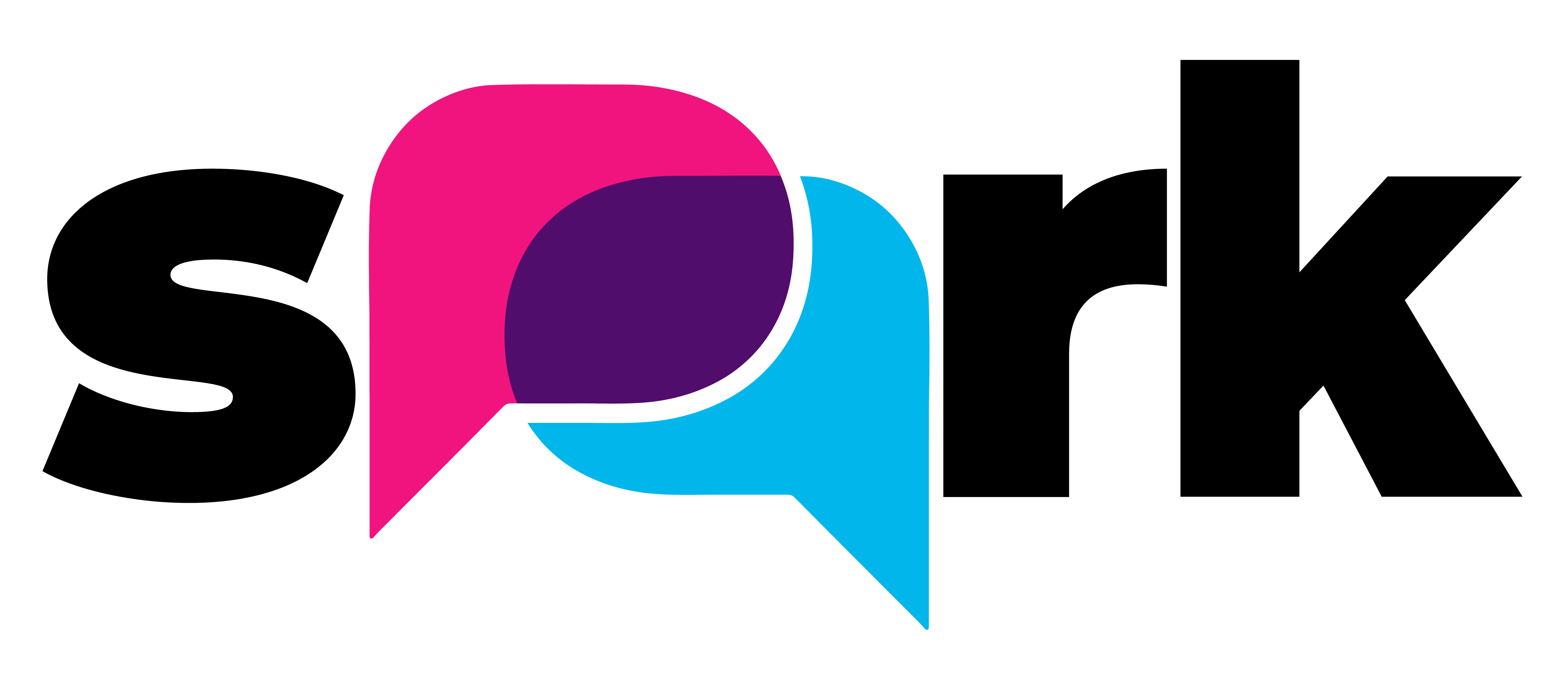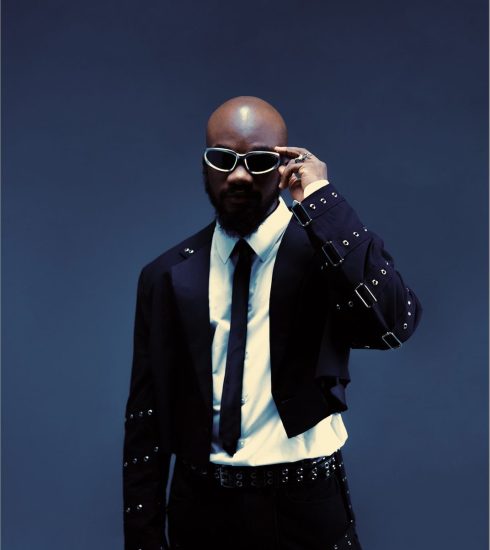The future of remote work: How to prepare & thrive – Interview with Derrick Tsorme
Similar to the recorded rise in global digital jobs, remote work has steadily made its way into the labour market close to 5 years. Its reported that with the growth of the technology industry, more and more jobs can be done from anywhere. “By 2030, these global digital jobs are estimated to grow by around 25% to over 90 million roles“, World Economic Forum.
Spark in conversation with Derrick Tsorme, an expert product designer and remote worker shares his experiences and insights on what to expect in the future with remote work. Read interview below:
(Responses have been edited for length and clarity) – All images courtesy of Derrick Tsorme
Spark: Can you tell us a little about yourself and your line of work?
Derrick: I’m Derrick Tsorme, a product designer with a bit of experience in the field. My work spans across various industries including e-commerce, fintech, insurance, and web3. I make complex software easy to use for the average person. Currently, I’m working remotely as a Product Designer at Yellow Card, a web3 fintech startup, where I own the design of key features serving over 2 million users.
Spark: When were you first introduced to design and what piqued your interest to pursue it?
Derrick: My journey in design began in 2013 during my final year of secondary school. I was gifted a copy of Adobe Master Suite, which sparked my curiosity. I started exploring Photoshop and creating WhatsApp display pictures for groups. As time went on, I moved from graphic design to editorial work and eventually found my passion in product design. The ability to impact everyday experiences through design is what truly captivated me and led me to pursue it as a career.
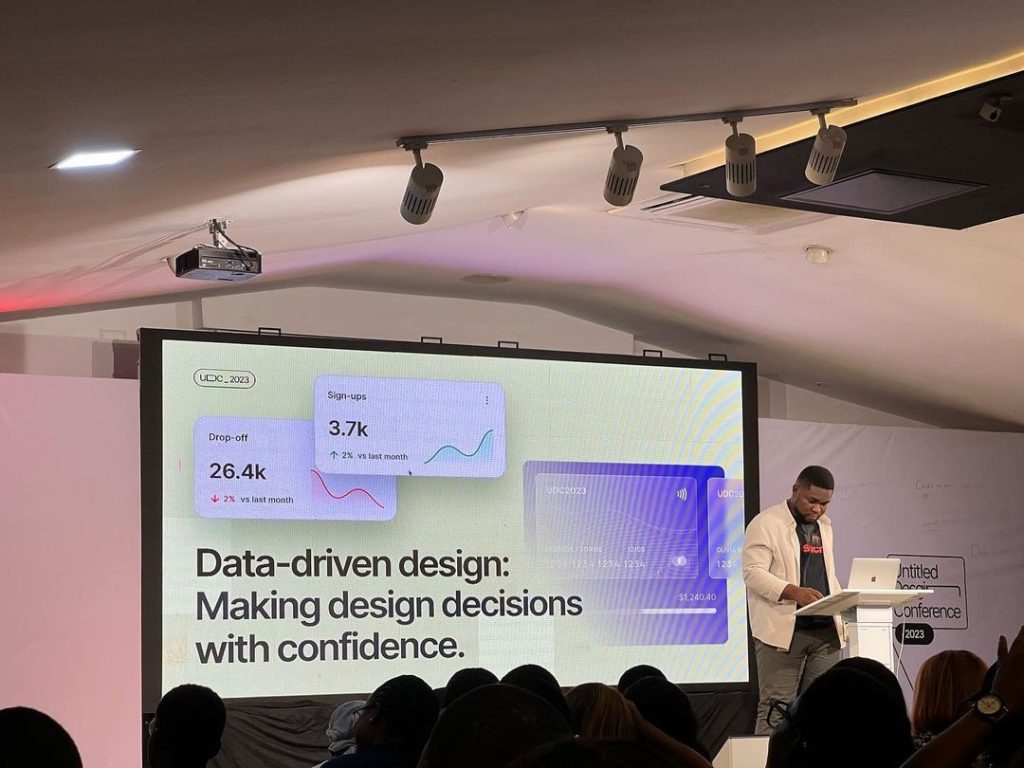
Spark: Awesome! Do you agree with the notion that “remote work is the future of work”?
Derrick: Yes, I agree that remote work is a significant part of the future of work, especially in the tech and design industries. My experience working remotely has shown me the benefits firsthand. It allows access to global talent, increases productivity by reducing commute times, and offers flexibility that many professionals value. This is important for family-oriented individuals, as they can maximize their time with loved ones as well as perform very well at work.
Spark: As a designer in the industry, who do you think gets the job and who doesn’t?
Derrick: Designers who stand out in the job market possess a combination of strong technical skills, problem-solving abilities, and excellent communication. Those who get the job often have:
- A solid portfolio showcasing their process and problem-solving skills, not just final designs
- The ability to articulate their design decisions and tie them to business goals
- A growth mindset and willingness to learn new tools and methodologies
- Strong collaboration skills, as design often involves cross-functional teamwork
- Experience with or understanding of data-driven design decisions
Derrick: Designers who might struggle are those who focus solely on aesthetics without considering user needs or business objectives, cannot communicate their ideas effectively, or fail to keep up with industry trends and technologies.
Spark: If you had to choose all over again, would it be content creation or a tech bro?
Derrick: I would still choose the tech path, specifically in product design. While content creation is valuable and can be lucrative, my skills and interests align more closely with solving complex problems through design. However, I believe in the power of combining both – using content creation (like my involvement in the Figma community and various workshops) to share knowledge within the tech industry.
Spark: You may have heard everyone talking about the “portfolio career” and gig economy, how that ruined remote work? What are your thoughts on this?
Derrick: The gig economy can lead to job insecurity and a lack of benefits. Also, the pressure to constantly update one’s portfolio can be stressful. But I believe these are the growing pains of an evolving work landscape. The key is to find a balance. For instance, while having a full-time role, you can also engage in community work and take on select freelance projects. This allows you to have stability while still benefiting from the flexibility and diverse experiences offered by the gig economy.
With tech layoffs still being a hot topic, more often than remote workers especially would like, it is important to put in place some actions that cushions you should you end up a part of the 60,000 job cuts across 254 companies so far in 2024.
According to Product Designer, Derrick Tsorme, having an updated portfolio, strong network of clients & colleagues, considering contract work and visibility in the community are some sure ways to showcase your expertise and attract potential employers.
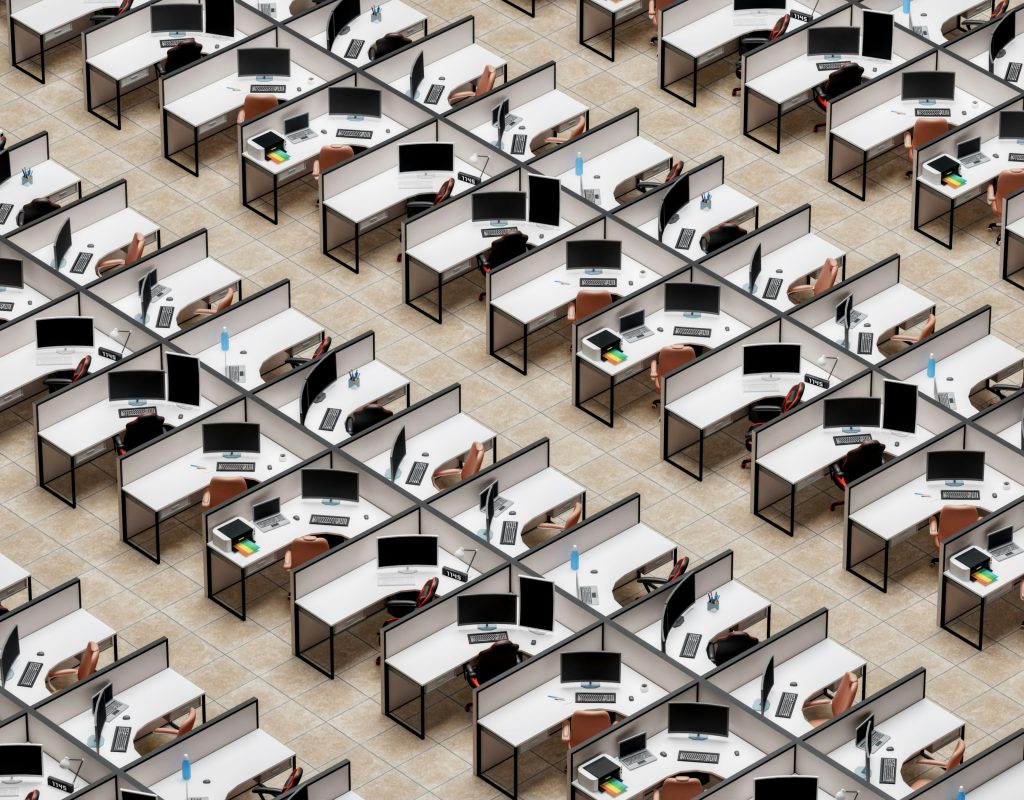
Spark: Are there less trendy but important roles one can thrive in with remote work?
Derrick: Yes, UX Researchers, Design Ops, Technical Writers, Accessibility Specialists and UX Writers are some great career choices for remote work
Spark: What skills have you established for yourself to keep afloat in this industry?
- Working with data
- Cross-functional collaboration
- Design systems
- User research
- Rapid prototyping
- Presentation/Communication
- Understanding of business part of design
Spark: Where can those in search of remote work find global opportunities?
Derrick: Tech communities, job boards, and networking with other designers.
Spark: And if you had to answer correctly on why people shouldn’t work remotely, what would that be?
Derrick: I’d say the (1) Lack of in-person collaboration: Some creative processes benefit from spontaneous, face-to-face interactions and (2) Difficulty in separating work and personal life: Without a physical office, some people struggle to maintain a work-life balance.
Spark: Any self-care tips for remote workers (for a work-life balance and good health)
- Establish a routine: Set regular working hours to maintain a sense of structure.
- Create a dedicated workspace: This helps mentally separate work from personal life.
- Take regular breaks
- Stay physically active: Incorporate exercise into your daily routine, even if it’s just a short walk.
- Pursue hobbies: Make time for activities you enjoy outside of work.
- Set boundaries: Learn to ‘log off’ at the end of the workday and communicate your availability clearly to your team.
Spark: Alright, thank you so much for making time to share some impactful knowledge with our readers.
Our guest Derrick Tsorme, or @uxderrick as we know him on social media is an important part of the design community in Ghana and Africa. he is a Figma community advocate, an Adplist mentor and the co-host of Edge Cases Podcast. Follow for more




